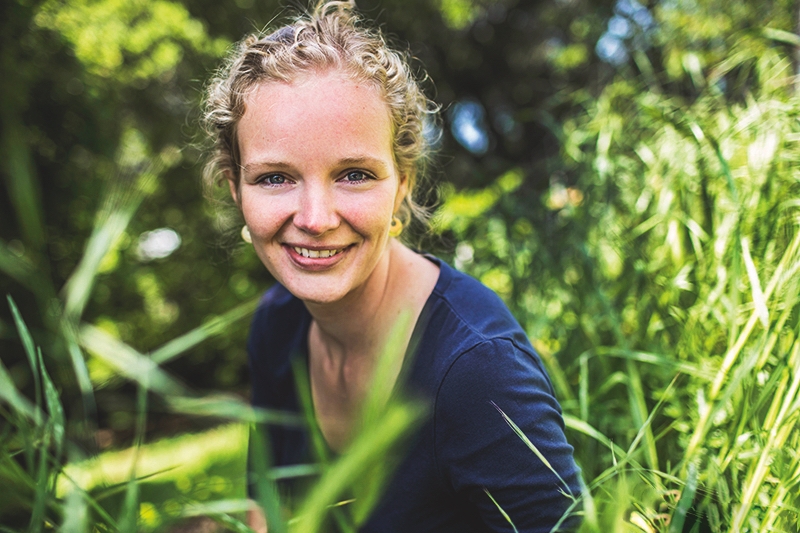Putting Biology to Work for Marine Conservation

Immersing herself in whale research at college, Nina Overgaard Therkildsen (Denmark, UWC Red Cross Nordic, College of the Atlantic ’05) found she was mainly interested in biology’s relevance to society. “This caused me to shift my focus to fisheries-related issues that let me pursue topics at the science-policy interface,” she writes.
Nina earned a master’s degree in biology from the University of
Copenhagen and a Ph.D. in population genetics from the Technical University of
Denmark, and did postdoctoral work at Stanford. Today she’s an associate professor at Cornell’s Department of Natural Resources and the Environment, where her research focuses on “how environmental factors and human impacts shape patterns of genetic variation in fish.”
The revolution in DNA sequencing enables scientists to study any organism’s whole genome — and that “opens completely new opportunities for discovering diversification within and among species,” Nina writes. “We look at how subpopulations of a species differ genetically to identify distinct parts of a species range that warrant separate protection, and we use both experiments and archived historical samples to track how quickly evolution occurs in response to human impacts.”
Along with working on fundamental questions in biology, Nina plans to “continue working with state and NGO partners on specific conservation projects, to develop genetic tools that can improve conservation efforts.” She also guides Ph.D. students while mentoring early-career researchers, “to pay forward what I learned at CoA by creating a motivating, supportive, and inclusive learning environment that nurtures curiosity, critical thinking, and a desire to make a difference in the next generation of scientists.”
This profile is part of the “Graduates in Action” series from the 2024 Annual Report.

